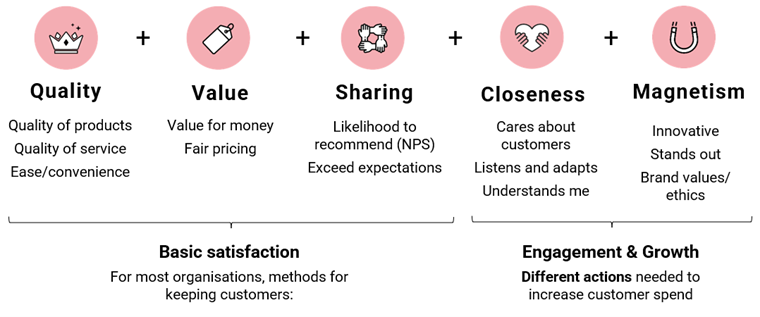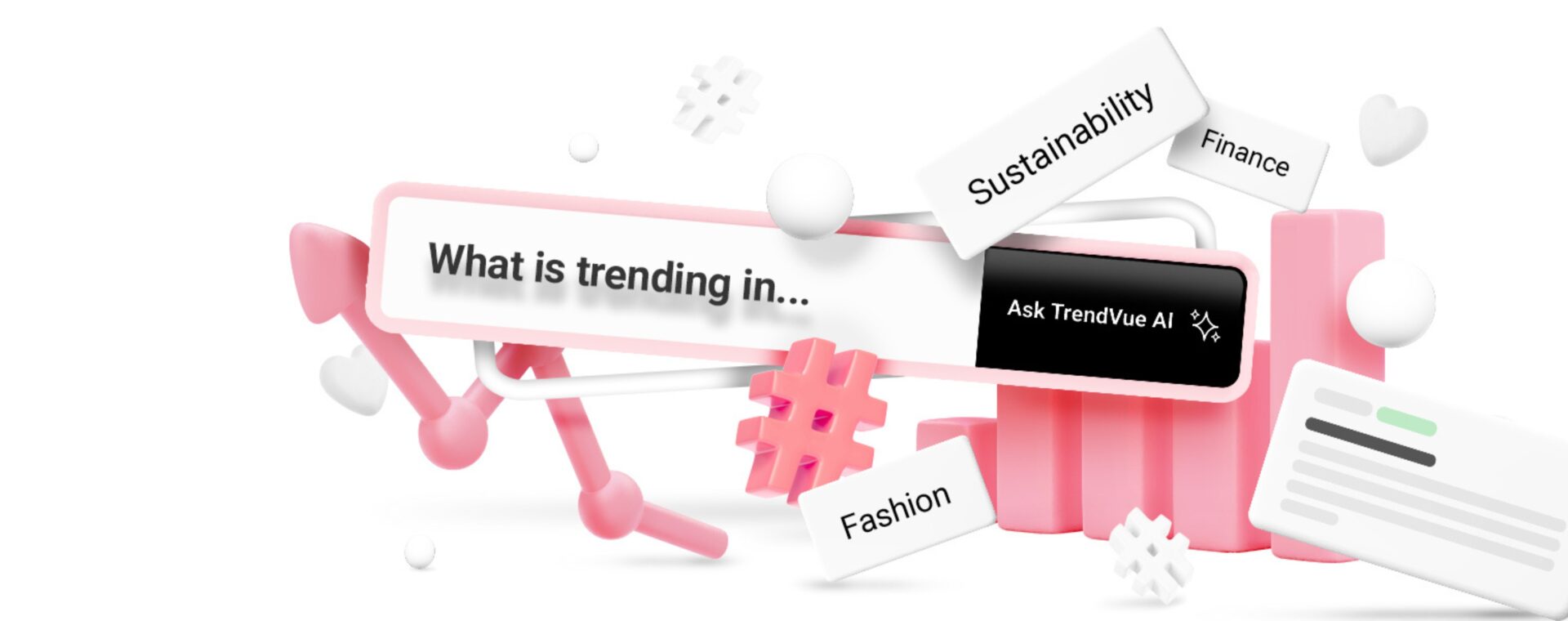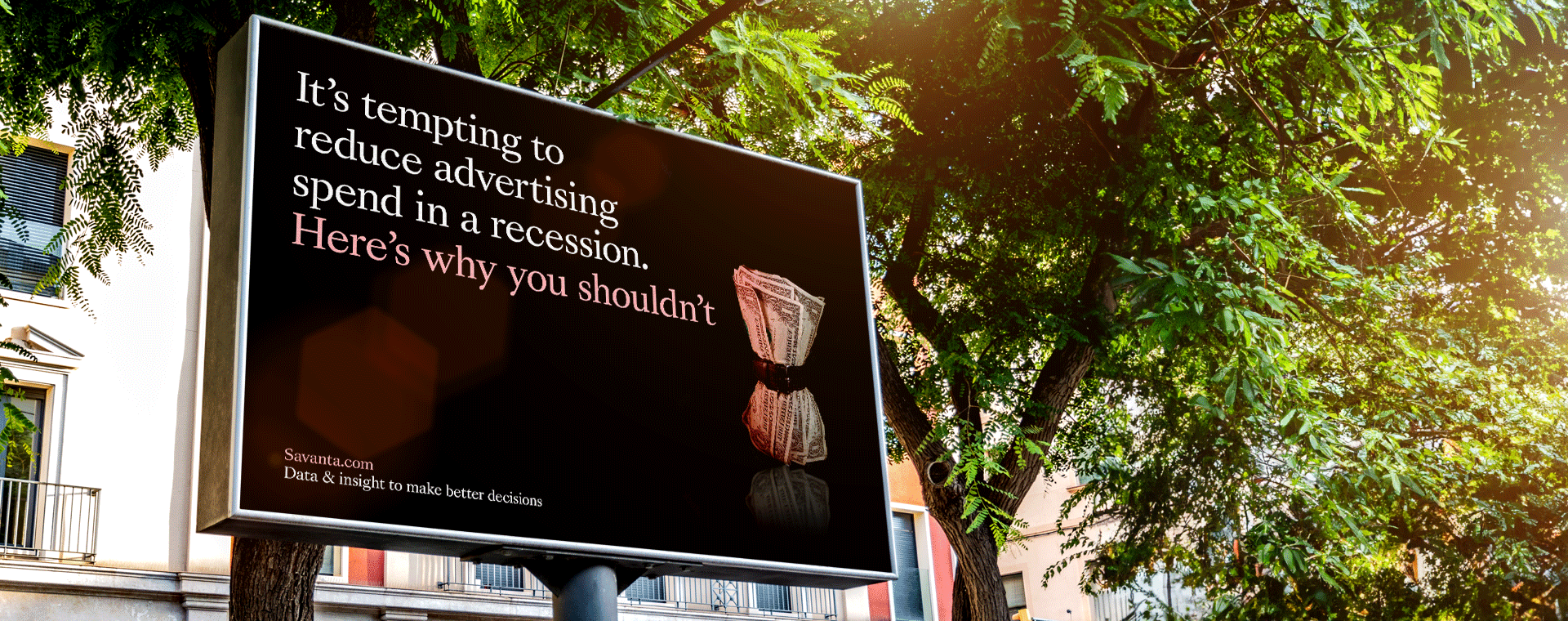
How close is your brand to its customers?
In the fiercely competitive landscape of today’s business world, companies are constantly searching for the magic formula to retain customers. Customer Experience measurement (CX) provides critical insight so that brands can measure service and product quality – at the right price point – to meet customer needs and expectations.
With this, lead metrics such as NPS and/or Csat are presented – right up to the board level – as good indicators of current performance. But could brands be doing more to identify new levers to drive loyalty – to grow customer spend and not just protect churn? R&D from Savanta suggests this is the case.
While countless strategies have been tested and tried, one principle has emerged as a linchpin for predicting increased spend: Customer Closeness.
What is Customer Closeness?
Customer Closeness refers to the depth of the relationship between a brand and its customers. It transcends transactional interactions, transforming a buying relationship into a genuine connection. When customers feel close to a brand, they become not just purchasers but loyal advocates. This loyalty, proven through R&D across multiple sectors, translates into higher spending.
The idea of closeness takes CX further – additive to more operationally focused insight to measure more functional, transactional customer experiences – often with a focus on fixing problems – to identifying new actions and strategies to build customer attitudinal loyalty, boost spend and increase market share.
Customer closeness will mean different things in different sectors and for various brands. Context is king. Closeness often involves several key elements. Brands need to actively listen to their customers, understand their needs, and provide personalized experiences. This shows customers that their opinions matter and that the brand genuinely cares. But closeness can also be shown through rewarding loyalty for customers, building more emotional connections with customers who support the brand most.
As part of a robust framework that drives closeness, brands can create and nurture authentic relationships that are directly tied to revenue growth.
Introducing a validated CX framework
Savanta has developed a validated framework that begins with business outcomes, underpinned by customer closeness. Through robust research and development, our framework has proven to better predict revenue per customer compared to traditional CX approaches reliant on NPS alone. Our framework is built upon five key building blocks of loyalty:

Closeness builds brand connections. Engaged customers are not only more likely to remain loyal but our R&D proves that engaged customers also spend more per transaction. In this context, customers perceive their investment as a continuation of a mutually beneficial relationship, rather than a simple exchange of goods for money.
The link between Customer Closeness, Loyalty, and increased spend is undeniable. And if CX is not squarely dialled into uncovering new opportunities to grow customer revenue, then it’s presenting a fragmented portrayal of the opportunity ahead for brands.
Start getting closer
Get in touch with Savanta’s customer closeness and Loyalty experts, to get answers to any questions, and to start working on your closeness strategy today.





